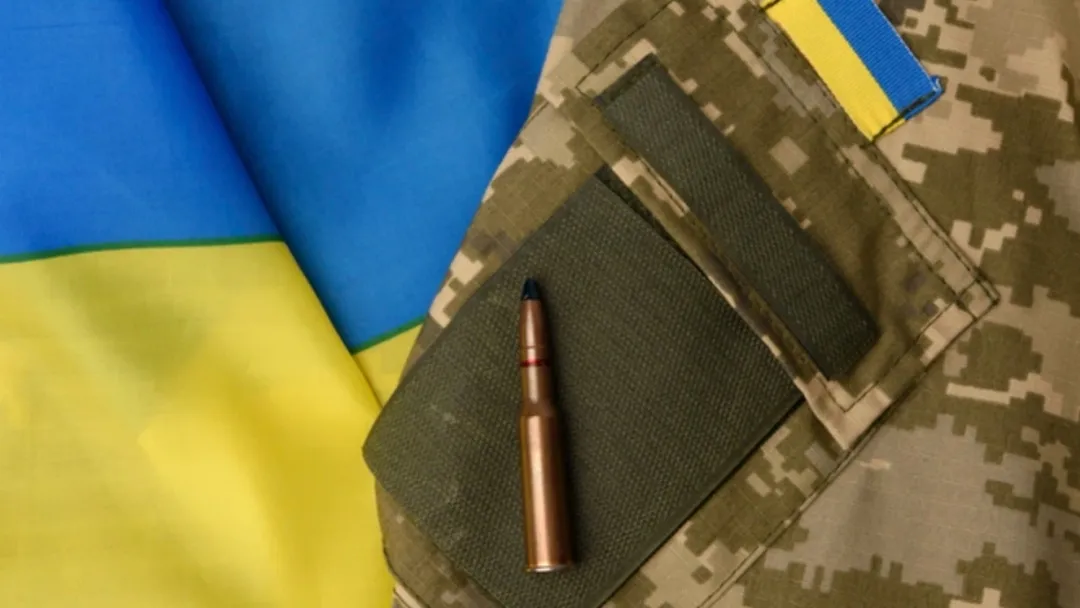The day before, the presidents of France, Poland and Germany met in Paris. Each of them unequivocally spoke in favour of continuing military assistance to Ukraine in the fight against Russian aggression. Furthermore, Emmanuel Macron, Andrzej Duda and Olaf Scholz showed their unity on this issue in every possible way. When asked, how long support for the war-torn country could last, the three leaders confidently said – as long as necessary.
“Our support will continue for as long as it takes. We need to make sure, that Russia not only not win this unsuccessful campaign, but it can never repeat it,” Makron said.
Negotiations are currently taking place between Ukraine’s Western partners to provide Kiev with security guarantees. However, the European leaders did not share the details of these negotiations during the meeting. According to media reports, Ukraine itself is also actively involved in discussions of such guarantees, as the talks are taking place at the bilateral level.
The Financial Times has learned, what security guarantees its allies are trying to negotiate for Kiev. These long-term arrangements could include intelligence sharing, annual deliveries of modern weapons and training of Ukrainian soldiers according to NATO standards. Such support is aimed at deterring future Russian aggression. These guarantees should also help Ukraine modernise its own army and strengthen its defence capabilities so the state is ready to join NATO.
However, during this meeting of the three presidents, the parties agreed, that Ukraine should not be given membership of the Alliance now, while the war with Russia continues. Important decisions are expected at the NATO summit in Vilnius in July. According to a source, discussions on security guarantees mainly focus on commitments to be made by four of the five largest military members of the Alliance. We are talking about the U.S., the U.K., Germany and France.
NATO Secretary-General Jens Stoltenberg has also taken a “wait-and-see” stance. Asked by journalists about a timeline for Ukraine’s accession to NATO, he could not give an exact date or at least a timeframe. He explained, that the country was “in the middle of a war”. However, he gave assurances that it would happen.
Stoltenberg believes, that Ukraine’s victory is now more important, than the prospect of NATO membership
“I believe it is impossible to give an exact timeframe, when we are in the midst of a war. And I think, all the allies will also make it very clear, that the most urgent task now is to ensure, that Ukraine wins as a sovereign, independent state, even if we need more military support,” the Alliance secretary general stressed.
And while the German chancellor in Paris pledged Ukraine sufficient advanced weaponry on par with his counterparts, the German minister said at the same time, that Germany would not be able to replace every tank, lost in the offensive for Ukraine.
“We will not be able to replace every tank, that is lost now, but what we are doing is continuing to deliver recovered Leopard 1A5 tanks from July. And by the end of the year there will be more than 100,” Pistorius said.
But armaments are not the only thing. Just recently it became known, that Sweden has been helping Ukraine to fight in the information space since the start of Russia’s full-scale invasion. Mikael Tofvesson, head of one of the departments of the Swedish Psychological Protection Authority, told this to the Swedish TV channel SVT. And, according to him, this work is carried out secretly.
“We teach and train Ukrainian agencies how to fight in the information field,” Tofvesson noted.
The report, provided by the Swedish Defence Ministry, describes work to “strengthen the unified Ukrainian psychological defence capability”. At the same time, the number of employees of the agency, who are doing such work has not been mentioned yet.


